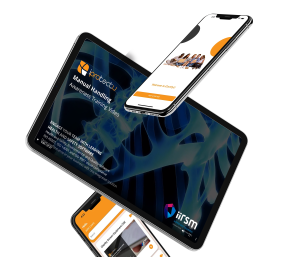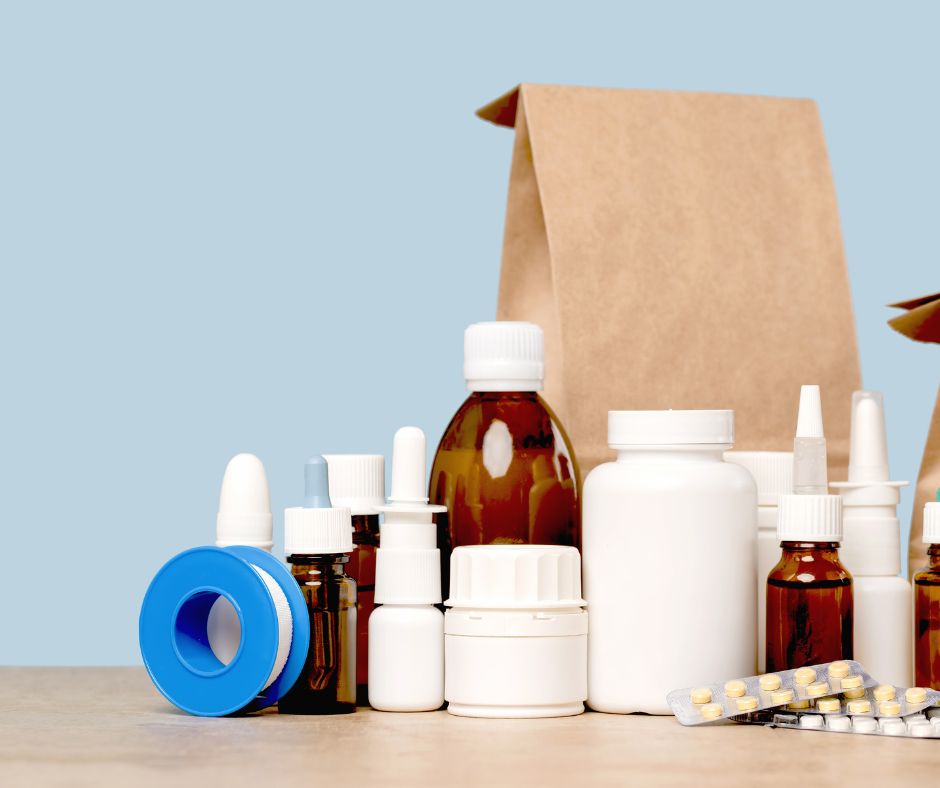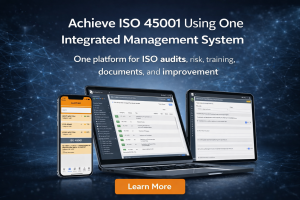Three Easy Steps to Administering Medication Awareness training
- Log in and complete the Administering Medication Awareness training
- Complete the Administering Medication Awareness multichoice exam
- Download your IIRSM Approved Certificate
On completion of each course, IIRSM (International Institute for Risk and Safety Management) approved certificates are issued automatically, which can be easily downloaded and saved.
Guidelines for Administering Medication in Schools
Parental Consent and Authorisation. Parental consent is mandatory before administering any medication to a student. Schools must obtain written consent from parents or guardians, clearly stating the medication, dosage, frequency, administration method, and any potential side effects. Review parental consent forms annually.
Medication Storage and Handling. Establish a designated, secure location for storing all medications. The storage area should be accessible only to authorised personnel, preferably under lock and key. Store medications in their original containers, clearly labelled with the student’s name, medication name, dosage, frequency, and expiration date.
Staff Training and Qualifications. Ensure all staff involved in medication administration receive proper training. Training should cover topics such as medication identification, dosage calculation, administration methods, potential side effects, emergency procedures, and record-keeping. Staff should undergo annual refresher training to maintain their knowledge and skills.
Medication Administration Procedures. Establish clear and consistent procedures for medication administration. Verify the student’s identity before administering medication. Follow the prescribed dosage and frequency as instructed by the healthcare provider.
Emergency Procedures. Develop and communicate clear emergency procedures for handling medication-related incidents. Train staff on recognising and managing allergic reactions, overdoses, and other adverse reactions. Have emergency contact information readily available, including the student’s healthcare provider and local emergency services.
Record-Keeping. Maintain accurate and up-to-date records of all medication administration. Records should include the student’s name, medication name, dosage, frequency, administration dates and times, and any observations or incidents. Keep records in a secure location and make them available to parents or guardians upon request.
Regular Review and Updates. Regularly review and update medication administration policies and procedures to reflect changes in regulations, best practices, and new medications. Conduct periodic audits to ensure compliance with established guidelines. Seek guidance from healthcare professionals and regulatory bodies when necessary.
Schools need to ensure the safe and effective administration of medication to students, fostering a supportive learning environment.
Other examples of the eLearning courses available:
- Health and Safety Awareness for Governors
- Protected Disclosures
- Expectant and New Mothers at Work
- GDPR Awareness
- Accessibility in Education
Development of the iCertifyU App
Oliver De Maria (Project Coordinator) and Erin Beck (Project Coordinator)
The App is free, developed by Erin Beck (Project Coordinator) and Oliver De Maria (Project Coordinator) whilst working with the iProtectU IT Developers. Both Oliver and Erin wanted to increase health, safety and wellbeing awareness in the workplace and made it their mission to develop a free, easy-to-use product, available to all.
Visit https://iprotectu.com/icertifyu/ for more information.









